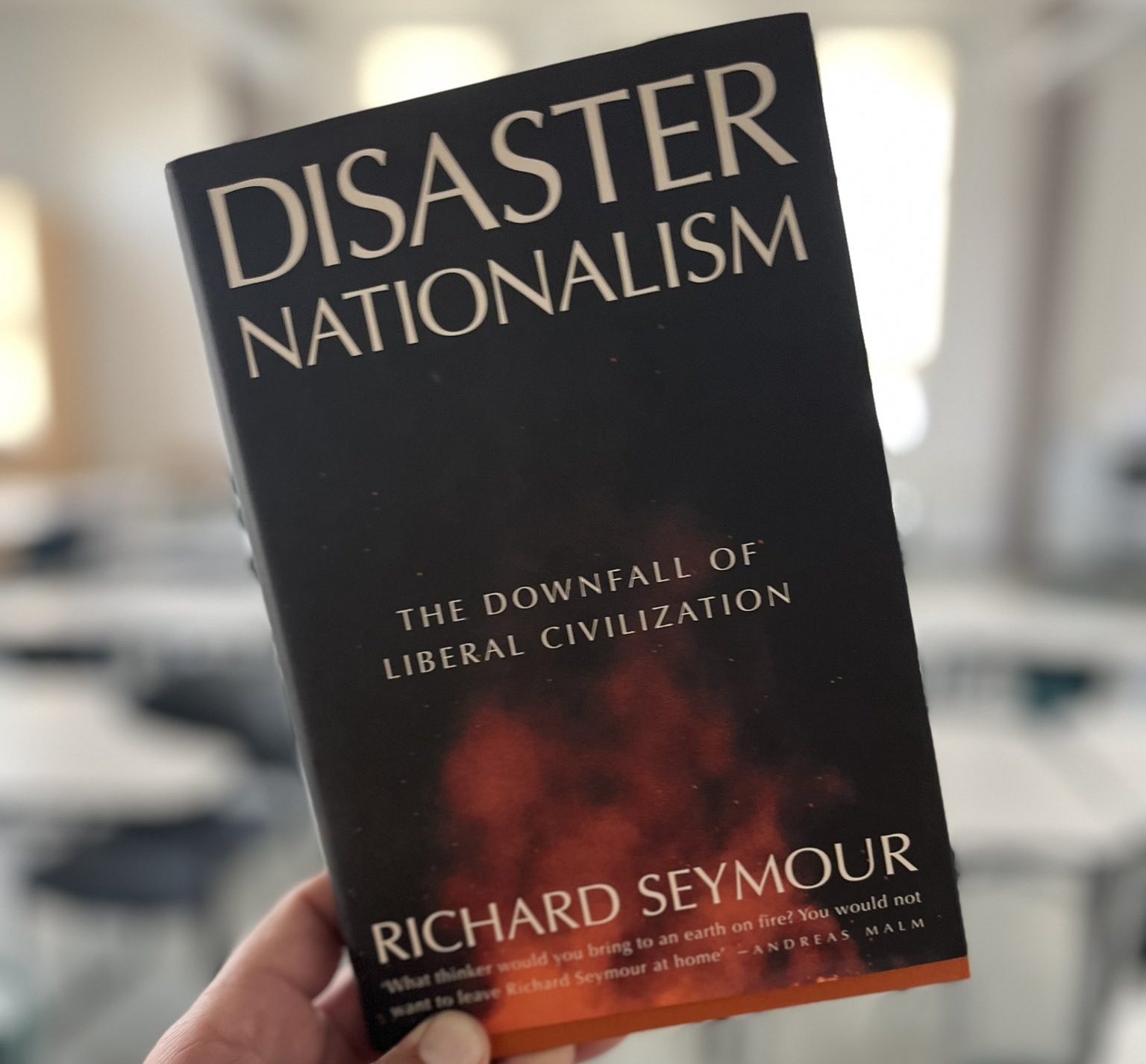Richard Seymour, a noted Marxist intellectual, has shifted his focus from traditional topics like neoliberalism and class struggle to confront the pressing issue of climate change.
In 2015, an unusually warm Christmas day in his local park ignited a transformation in his outlook.
This experience prompted Seymour to reflect on the emotional toll of climate change, leading him to engage deeply with the implications of global heating and loss of natural environments.
Drawing from his upbringing in Northern Ireland’s rich natural landscape, Seymour developed a keen awareness of the profound losses that climate change threatens.
He has since emerged as a leading thinker on the interplay between environmental degradation, the rise of far-right movements, and the psychological dimensions of contemporary politics.
In his latest book, Disaster Nationalism: The Downfall of Liberal Civilization, he examines how far-right ideologies capitalize on environmental crises to galvanize support through fear and apocalyptic imagery.

Seymour argues that the current surge of disaster nationalism is not merely a reaction to local grievances but rather a global phenomenon.
He challenges conventional explanations for the rise of the far right, emphasizing that these movements tap into shared feelings of misery and insecurity stemming from ecological disaster, rather than traditional class-based struggles.
He notes that individuals often find solace in scapegoating perceived enemies, shifting blame from systemic issues like capitalism to more personalized foes.
With an emphasis on solidarity and the interconnectedness of species, Seymour advocates for a broader understanding of the climate crisis, framing it as a mass extinction event that threatens all life on Earth.
He encourages a shift in narrative from individual survival to collective responsibility, urging humanity to recognize its dependence on the natural world.
Seymour’s work calls for a reevaluation of societal values, positing that love and camaraderie, not just material interests, must drive the movement for a sustainable future.

